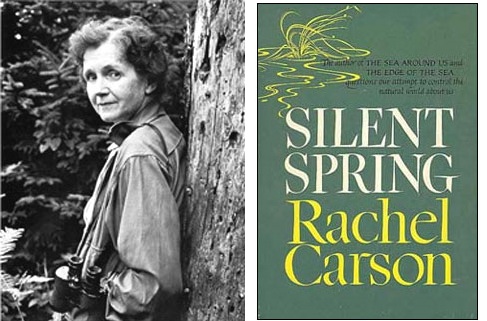50 years ago, no one would have imagined that a group of force could stand up against the steamroller of industrial magnates and rural producers. But it exists: they are the environmentalists. The headlock around the new Forestry Code shows the measure of their power.
Now, environmental awareness is something very new. If I go back in memory to 1958, when I was a freshman in high school, our most comprehensive lexicon, “The Little Brazilian Dictionary of the Portuguese Language” by Aurélio Buarque de Holanda, had just registered the entry “pollution”. If the term did not exist, the consciousness, the concept also did not exist.
How can one explain the rapid success of the environmentalist indoctrination? Undoubtedly it was the language adopted: simple, direct and concrete. The speech in defense of the natural environment was not hatched with a manifesto, like Marx and Engels, nor did it spring from an academic monograph. It was a romance novel that raised the issue… I am referring to Silent Spring by Rachel Carson, 1962. A masterpiece of 20th century social romance, the book denounced the disappearance of birds caused by agricultural pesticides which culminated with the banning of DDT. And the unforgettable, How green was my valley by Richard Llewellyn, 1939, in which a poignant narrative depicts the destruction of her homeland by a coal mining company. John Ford would direct one of his most moving films based on this text. Ecology – I repeat – is an absolute novelty!
During my childhood, every kid would carry a slingshot around his neck, a homemade shooter made from a bush branch. “Bird kill” was the acceptable sport. Today, every pre-school child has learned that “we don’t do that”. The “epidemic” of verified anencephaly in Cubatão, in the early 80, would be impossible today in the face of new environmental legislations obliging industry precautions for the physical environment.
My first contact with ecology was through the works of Roger Dajoz, “General Ecology”, Editor Vozes-USP, 1973, which I passed onto my sister for her biology studies, today a post-doctorate in Molecular Genetics. The work caught my attention because it didn’t resemble any of the usual arid scientific texts, usually drowned in Kabbalistic formulas and equations. Truthfully, between us, the common scientist feels the need to display their expertise through a jargon that escapes the “common reader”, an intended complexity by erudition. Whereas the Dajoz manual could be read by the fellow patrons of the “Jornal do Brazil”! Without falling into crudeness, the author was simply readable. Plenty of practical examples, graphs and illustrations transformed science into something newly accessible.
And it was not an isolated case. Environmental defenders knew they needed to achieve a broad audience composed of the common folk, and their ecological crusade adopted a discourse close to the language of the streets. This is the reason they were so well understood. Shortly after, teachers found themselves able to exchange short environmental mini thesis and disseminate them in the classroom. And they won the battle.
The lesson stays. Maybe we can still learn from them…
Related Articles

















